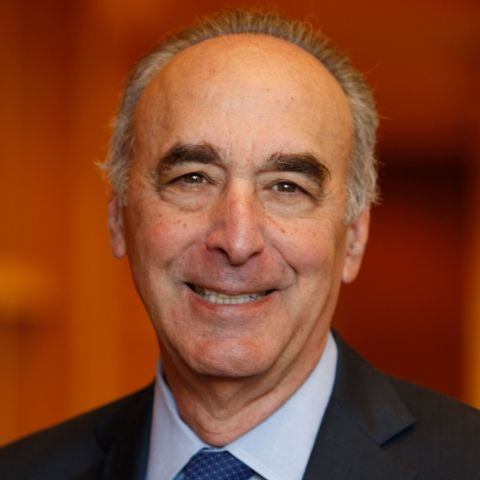

The future of tort theory cannot be sensibly imagined without understanding its past. Our aim is to understand where tort theory has been in order to predict where it may go. We contend that tort theory has experienced two different eras, and that it may well be about to enter a third. In the first era, spanning roughly the first three-quarters of the twentieth century, tort theory faced outward to the world, focusing on issues affecting redress for civil injuries that were being decided in the courts and emerging in American society at large. In the second era, roughly the last 30 to 40 years, tort theory turned inward and focused mostly on itself. The tort theory that has been done during this second era, valuable though it has been, may well have borne most of its scholarly fruit. We may therefore be ready to move into a third era, in which tort theory turns outward again and becomes occupied with the cutting-edge issues of tort law policy and principle that will be generated as the twenty-first century progresses. This Essay chronicles the first era, in which tort theory faced outward, the second era, in which tort theory turned inward, and identifies three issues that we believe may be on the tort theory agenda, when and if tort theory turns outward again. These involve the coordination and systematization of tort with other sources of regulation and compensation; redressing data theft and digital invasions of privacy; and heightened sensitivity to harm associated with sex, gender, and race-related misconduct.